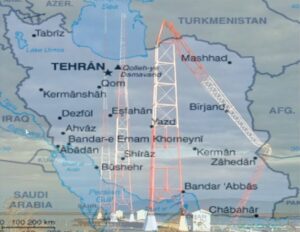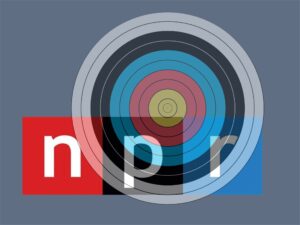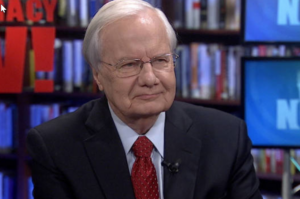
Article in The Nation by Mark Hertsgaard, 1/29/26
Headline: “Citizen Journalists Are Minneapolis’s Unsung Heroes”
Subhead: “Without their videos of ICE shootings, we wouldn’t know what is really happening.”
“n Sunday afternoon, CNN anchor Jake Tapper was interviewing US Representative Alexandria Ocasio-Cortez hours after Border Patrol agents killed Alex Pretti. Suddenly, CNN cut away to live coverage of Department of Homeland Security Secretary Kristi Noem’s press conference. Noem declared that Pretti had ‘attacked our officers’ while ‘brandishing’ a handgun and planned ‘to kill law enforcement.’ When a reporter tried to ask a question about her claim, she interrupted to say, ‘That is no claim. It is the facts.’ When another reporter noted that the White House had just called Pretti a ‘domestic terrorist,’ Noem forcefully agreed.
“By this time, bystanders’ videos of the shooting were appearing online and on news outlets. . .”
Read the full article at:
https://www.thenation.com/article/activism/citizen-journalists-minneapolis-heroes/









